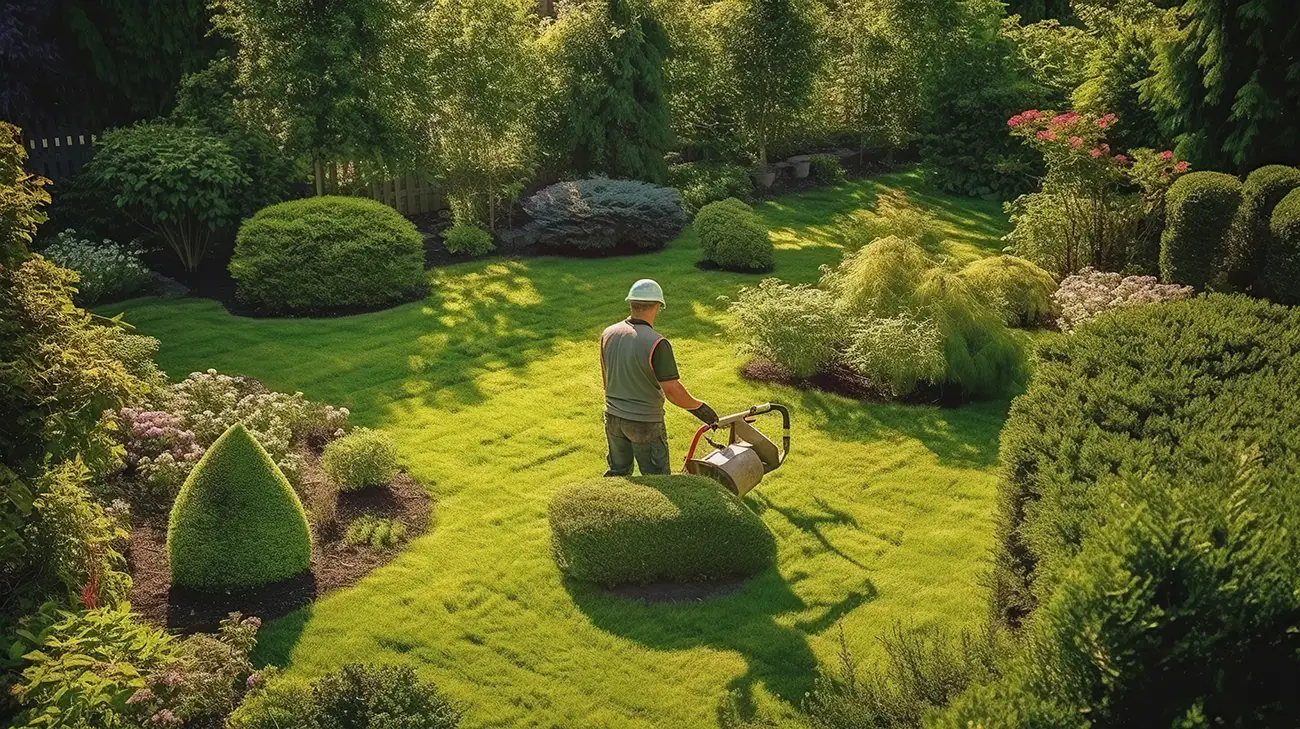
Share your knowledge. Shape the future of the landscape industry.
Landscape Educator
Landscape Educators and Trainers bring real-world experience into the classroom and training sites. You’ll help apprentices, trainees, and students gain the technical skills, confidence, and professionalism they need to succeed in the landscape and horticulture industries. Many educators work full-time, while others teach part-time or alongside their landscaping business

Salary Range
$80,000 – $110,000+ (Varies by experience and role type.)

Recommended Training
Certificate IV in Training and Assessment (TAE40122 or superseded TAE40116) – mandatory qualification for all VET trainers. As well as a current qualification in the area you’re teaching.
Job Overview
Landscape Educators and Trainers, and Assessors play a critical role in shaping the next generation of industry professionals. You’ll deliver training aligned to national units of competency, guide practical learning, conduct assessments, and mentor students toward real-world success.
Many educators continue to stay active in the industry, balancing teaching with project work or consulting to keep their knowledge current. This is a rewarding career path for experienced landscape tradespeople, maintenance technicians or horticulturists who want to stay hands-on with the industry while giving back through teaching, training, and mentoring

Tasks & Duties
Delivering accredited VET training sessions across landscaping, horticulture, or parks and gardens units
Supervising hands-on learning activities
Conducting assessments to confirm practical skills and knowledge
Supporting students through workplace visits, coaching, and mentoring
Developing or customising learning resources and training plans
Ensuring compliance with RTO, TAFE, and ASQA standards and requirements
Liaising with landscape businesses and apprentices' employers
Keeping your industry and training knowledge current through professional development
How to Become a Landscape Educator / Trainer & Assessor
Suggested Pathway:
- Build a minimum of 5–10+ years of strong experience across landscaping, horticulture, or parks and gardens
- Hold a Certificate III or higher qualification in the field you want to teach
- Complete the Certificate IV in Training & Assessment (TAE40122) — mandatory for all trainers and assessors
- Gain experience supervising, mentoring, or leading teams on-site
- Apply to work with an RTO, TAFE, or Group Training Organisation (GTO)
Some educators continue part-time in landscaping alongside teaching, keeping their skills current and connected to industry developments.
Career Progression & Pathways
Many landscape careers start hands-on and evolve into leadership, training, or consultancy. Becoming a trainer and assessor can be a final goal — or a platform for educational leadership or industry development
Starter
Leading Hand, Site Supervisor, Business Owner
Skilled
Trainer & Assessor (Certificate IV in Training & Assessment qualified)
Advanced
Senior Trainer, RTO Manager, Program Coordinator, Curriculum Writer, Skills Consultant, Industry Advisor, Business Owner

Already Working in Landscaping or Horticulture?
If you’ve been working in garden or grounds maintenance, you may be eligible for Recognition of Prior Learning (RPL). This process allows experienced workers to have their skills formally assessed and credited toward the qualification, helping you fast-track your pathway to becoming qualified.
Speak with a Registered Training Organisation (RTO) to explore your RPL options.
Other Key Considerations:
- White Card (Construction Induction) Required to work on school, council, or public infrastructure sites.
- Driver’s Licence Helpful for travelling between job sites or operating equipment like trailers and ride-on mowers.
- First Aid Certificate Often preferred for roles involving public spaces, schools, or recreational facilities.
- ACDC Licence (QLD) This may be supported if weed control is part of your role.
- Professional Industry Membership Joining an industry association like Landscape Queensland can connect you to professional networks, mentorship opportunities, and support services throughout your career.
“Seeing an idea turn into a built reality is the best part of design. It’s not just about plans — it’s about bringing places to life.”

Skills, Attributes & Experience
Great trainers aren’t just experienced — they’re mentors. You’ll need:
- Confidence in teaching small groups and individuals
- Deep practical and technical knowledge across landscaping disciplines
- Clear verbal and written communication
- Follows instructions well and stays focused to get tasks done
- Patience, empathy, and adaptability for different learning styles
- Strong organisational skills and attention to compliance requirements
- Ability to develop relationships with apprentices, trainees, employers, and RTOs
- Enthusiasm for passing on skills and promoting career pathways in landscaping

Not Sure Where to Start?
Upload your resume or answer a few quick questions and our AI will analyse your transferable skills to match you with suitable opportunities in landscaping.
